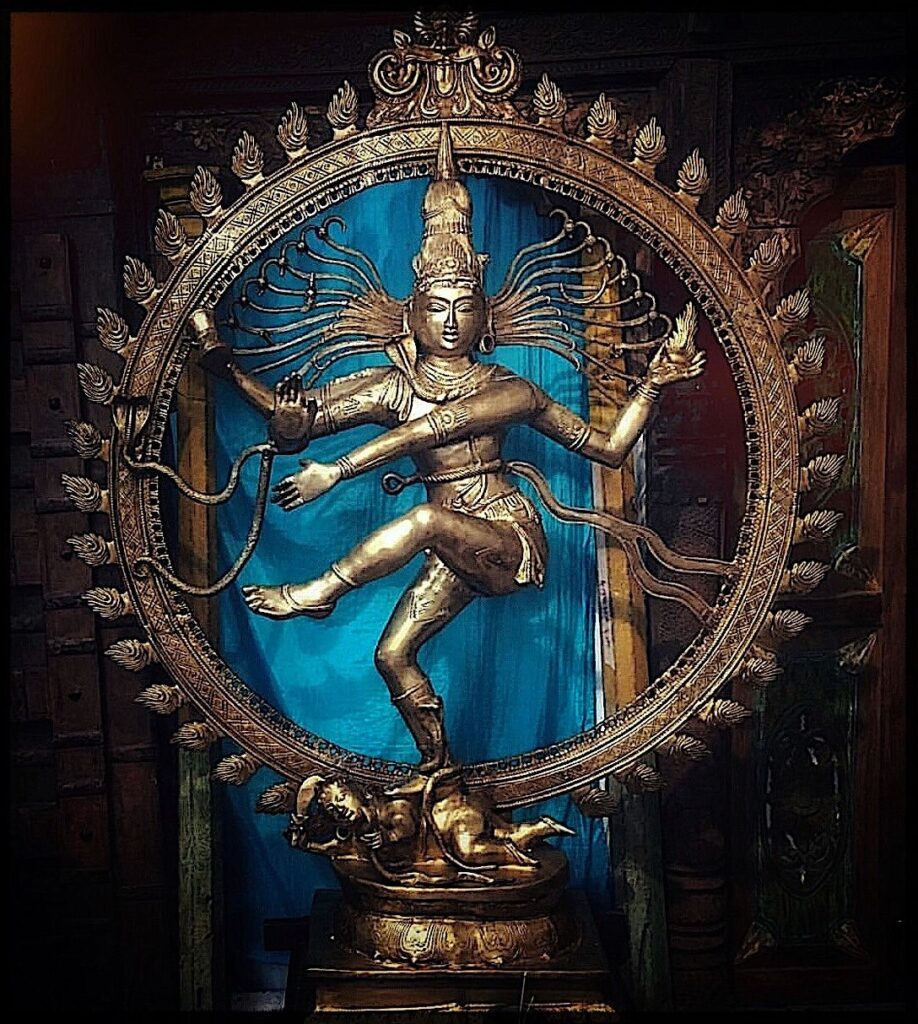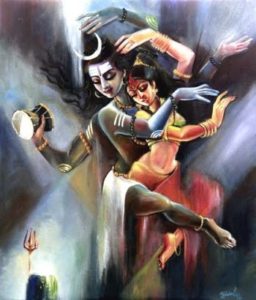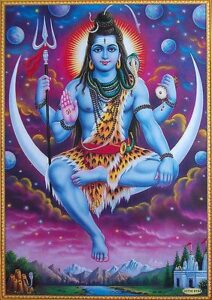Maha Shivaratri, or the “Great Night of Lord Shiva,” is a Hindu festival celebrated yearly in honour of Lord Shiva. It is observed on the 14th night of the new moon in the Hindu month of Phalguna or Maagh, usually falling in late February or early March. This year, the festival falls on March 11th.
The festival is celebrated with immense devotion and enthusiasm by millions of Hindus worldwide. Devotees perform puja (worship) and stay up all night in devotion to Lord Shiva. Many fast during the day and night, and others perform rituals and chant mantras to gain Lord Shiva’s blessings. The festival is a celebration of Lord Shiva and a time for devotees to connect with themselves and the universe through prayer, meditation, and yoga.
Many fascinating legends surrounding Maha Shivaratri highlight Lord Shiva’s immense power and divine nature. According to one legend, Lord Shiva married Goddess Parvati on this day, signifying the union of the male and female aspects of the universe. The story goes that Goddess Parvati performed intense tapasya (austerities) to win Lord Shiva’s heart. Lord Shiva was so impressed by her devotion that he agreed to marry her on the day of Maha Shivaratri.
Another legend states that Lord Shiva drank poison to save the universe, which turned his throat blue, leading to his nickname, “Neelkanthan.” It is believed that Lord Shiva drank the poison during the churning of the ocean by the gods and demons to obtain Amrit (nectar of immortality), and he held the poison in his throat so that it would not harm the universe. This story is a reminder of Lord Shiva’s selfless nature and his willingness to take on immense burdens to protect the world.
The festival also marks the night when Lord Shiva performed the “Tandava,” his cosmic dance of creation and destruction. According to legend, the Tandava is the dance that Lord Shiva performed at the beginning of creation, and it is said to represent the cycle of birth and death, creation and destruction. The Tandava symbolizes the dual nature of Lord Shiva, who is both a destroyer and a creator.
One interesting fact about Maha Shivaratri is that it is the only Hindu festival celebrated at night. It is believed that staying up all night and meditating on Lord Shiva helps to cleanse one’s mind and soul and enables one to connect more deeply with the divine. The festival is a time for introspection, self-reflection, and spiritual rejuvenation.
In my personal experience, celebrating Maha Shivaratri has always been a powerful and transformative experience. I have observed the festival since I was a child, and I have always felt a deep connection to Lord Shiva and the spiritual energy of the night. Staying up all night in devotion to Lord Shiva is a unique experience that fills me with a sense of peace and inner strength. It is a time to let go of the worries and distractions of daily life and connect with something greater than myself.
In conclusion, Maha Shivaratri is a significant festival celebrated with immense devotion and enthusiasm by millions of Hindus worldwide. The stories, legends, and spiritual significance associated with the festival make it memorable. As we celebrate Maha Shivaratri this year, let us all come together in devotion and unity and experience the power and beauty of Lord Shiva.
Hara Hara Mahadev!
Author: Laxmi
website: sangetam.com



